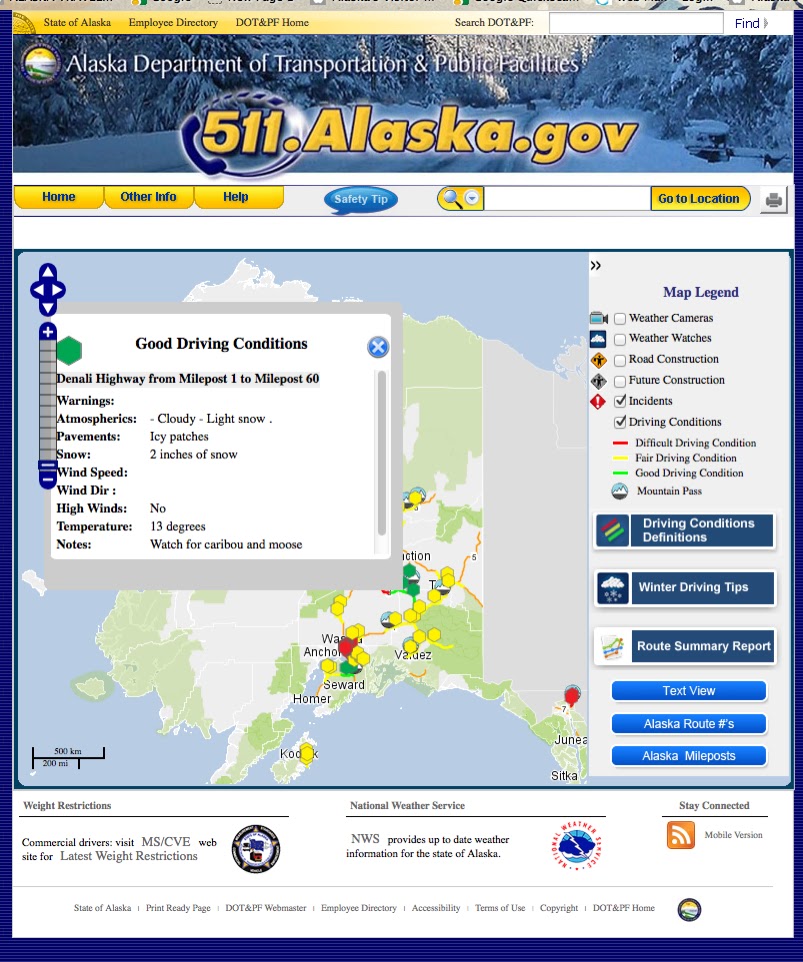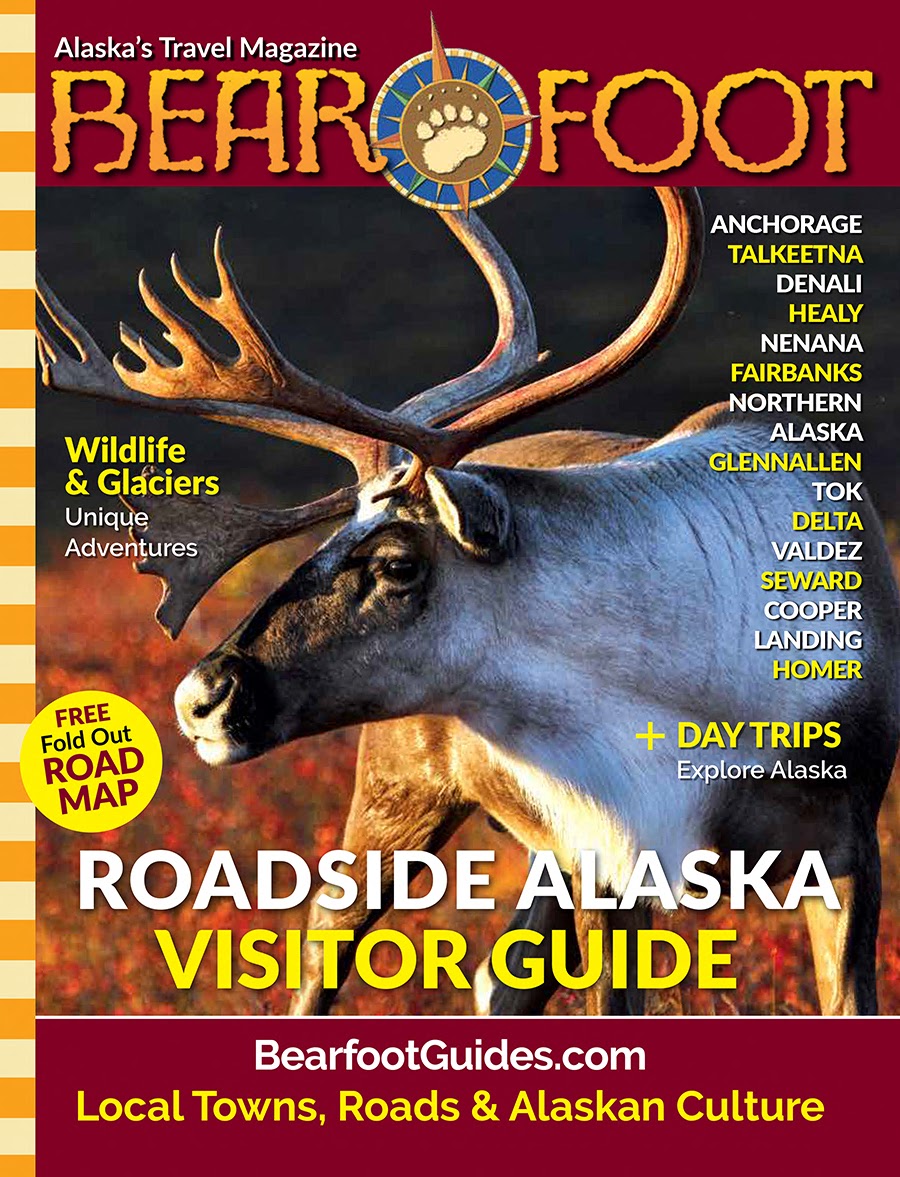Chapter 1: Rose Is Medevaced To Anchorage After Falling Down The Stairs
COUNTRY JOURNAL Fighting COVID-19 In The Copper Valley Rose & Lonnie in younger days. (File Photo, Country Journal) Rose & Lonnie F...
COUNTRY JOURNAL
Fighting COVID-19 In The Copper Valley

Rose & Lonnie in younger days. (File Photo, Country Journal)

Rose & Lonnie
Falling Down The Stairs
For Rose & Lonnie Tyone it all began in July, when Rose fell down the stairs at 2 am in the middle of the night. That's how it all began. Lonnie heard her thump. He rushed out to help her, and as he looked down at her, he couldn't believe it. Rose was lying there at the bottom of the stairs, motionless and in a heap. Lonnie worried she was dead.
She wasn't dead. But that was her first symptom of COVID-19 – falling down the stairs. Not a "flu-like" congestion, or "coughing" or "fever and chills." Lonnie didn't know that. All he knew was that his wife was in danger, and that he should do something about it. And that suddenly, he, too, couldn't move. He literally couldn't move. He looked down at her, but couldn't help her. He knew, of course, that he had been thoroughly trained in first response – by Alyeska Pipeline. He should be able to rush forward. He knew what to do. Yet he couldn't. He stood there, and it fell to one of his granddaughters, who had also been trained in first aid – by CRNA – to assist her grandma. What was going on? Lonnie thought.
His frozen
inability to act was how it began for Lonnie. Not "aches and
pains" or a "headache" or "sore throat"…or even falling down the stairs like
Rose did…but confusion.
What was wrong with him? He wanted to help
Rose. Yet he felt so disoriented. He felt so foggy. That must be it; he
must be in shock, he thought.
That was Lonnie Tyone's first
symptom that he had COVID-19.
They dialed 911. The ambulance was called to Gulkana Village and took Rose to Cross Road Medical Center, which was the only place you could get help in the middle of the night. The EMTs came rushing up to Gulkana; they weren't there to get a COVID patient, but Rose Tyone, who had taken a nasty fall down the stairs. Yet they were prepared for anything. Ambulances in Alaska have to be geared up for COVID, no matter what. And a good thing, too.
The virus had already proved to be able to work its way into local ambulance responses in rural Alaska. A month before, in June, three members of the Nikiski fire department tested positive for COVID which they had contracted in the course of their duties. This was a national issue, catching COVID when you were working in public safety. As early as July, there was already a U.S. website called "FireRescue1" that kept track of the many EMTs, fire chiefs, deputy fire chiefs, police and emergency personnel all over America who had already succumbed to the virus. Even a car wreck on the road can give an EMT coronavirus…if the person in the wrecked car is infected.
Lonnie, Rose, and their two granddaughters all arrived at Cross Road. and got tested as the July night faded into morning.
"I Didn't Think I Was Sick"
"All four of us tested positive," Rose told the Country Journal three months later. It wasn't just her. It wasn't just Lonnie. It was also "our two granddaughters, Sophia and Angel….I think we were the first four cases at Cross Road. There may have been other people that tested positive. But they were not prepared for four people all at once."
It was hard for the family to process it all as sunrise approached.
COVID-19 has plunged many people into a state of denial. A sense that this just can't be possible. That if you don't know about it – if you don't test, if you don't quarantine – the illness just won't exist for you.
The reflexive human desire to not have it be true – to not acknowledge the illness – is very strong. This desire for normalcy touched even Rose Tyone. She looked back in October, thinking about it.
She had fallen down the stairs. But there was a reason, she thought at the time – and it had nothing to do with COVID-19. "I didn't realize I was sick. I'm used to being weak because of my leg. I need a new hip." She added again, "I really didn't think I was sick."
As for Lonnie. He had mainly thought that his COVID indicator – his inability to rush and help his wife – was "kind of weird." But he just didn't get it at first. As the ambulance took Rose off to Cross Road, Lonnie tried to come up with a plausible reason he had frozen on the staircase. "I followed down in the car. And I thought, I probably needed sleep. This happened about 2 o'clock in the morning. I thought I was sleepy. Tired. I didn't know I was sick at that point."
Besides, it was almost too much a burden to bear. Just a few days before, Lonnie's mother, Jeanie Maxim, had died at the age of 79. Jeanie was one of the last of an era: an Ahtna-speaking expert on Native language and tradition.
Lonnie was engulfed in grief.
The 1918 Flu
Funerals are hugely important. They are a way of honoring life. They're a basic cultural touchstone; a solid, anchoring rock, holding down values. family and heritage. In the Athabascan culture, elders are especially revered, and their funerals are given great importance. People came to the region for Lonnie's mom's funeral. They came "back home." And at that very moment COVID-19 also made its way into Gulkana Village.
The Copper River Valley, home of the Ahtna, was heavily affected by the 1918 Flu Pandemic. Rose's dad, Ahtna elder Walter Charley, was orphaned by the 1918 flu. Charming, articulate and impassioned, Walter Charley spoke freely of how his parents had died in those terrible times.
Walter Charley wasn't the only child in the world whose parents were lost back then. The great flu was a pandemic. Every place, everywhere on earth, was hit by it. The 1918 Flu killed at least 50 million people worldwide. It infected one in three persons on earth. Unlike COVID-19, it killed little kids' parents; those between 20 and 40 years old.
The trauma and devastation of the 1918 flu outbreak was devastating. Yet, when western historians look back they see something odd. The flu epidemic is "forgotten" in most records of the time. The bad times rapidly gave way to fun and wild behavior: bootlegging and the Roaring Twenties… As if the horror and death of the pandemic was too awful to talk about.
But in village Alaska the 1918 Flu was remembered. Even after the days of the Pipeline, oral history still had its impact here. Young people – the children and grandchildren of those who had been orphaned or damaged by the flu when they were little – heard the warnings told by Walter Charley and others.
Aware of the deadly flu of a century before, when the coronavirus pandemic hit Alaska, the small scattered villages of Ahtna Country stepped up to try to stop it. Acting on ancient knowledge, they did the best they could. They closed the entrances to their villages with barriers, signs, and watchguards.
Keeping Guard
Native villages are given their power and authority by the U.S. government. They're "tribes" with government-to-government relationships with the United States. They are the Copper Valley's only governmental entities.
When COVID-19 struck, using all their governmental powers, the small villages of the Ahtna Region set to work. They put up barricades. By the third week of March 2020, heeding the wisdom of their now-gone grandparents, both Mentasta and Gulkana Villages had independently set up blockades. The Mentasta blockade was put in place March 21st, when the village erected a sign that said: STOP!! All Traffic MUST Check In!! Anita Andrews of Mentasta told the Country Journal then: "Our main concern was our elders and young kids."
Several days later, Angela Vermillion, who headed up Gulkana's village government, had ordered a sign at the entrance to Gulkana Village, asking non-residents not to enter the village. She told the Journal that the reason was that 20 of the 80 people who lived in Gulkana were elders – or a quarter of the entire population.
Three months later, in July, the virus snuck its way in past the physical barricades the people of Gulkana had so prudently erected months before. COVID-19 entered Lonnie and Rose's already shattered lives at the time of Jeanie Maxim's funeral. COVID came by, searching for them, finding its way past the village entrance road on the Gulkana River. It took advantage of the best that Native culture has to offer: love of family.
And the desire that human beings have to be near each other in a time of crisis. At Cross Road that first night, "They checked me for everything," Rose recalls. Even though they had COVID, "I seemed to be doing okay. They sent us home and told us to quarantine for two weeks."
That plan never materialized, though, as Rose's condition deteriorated.














